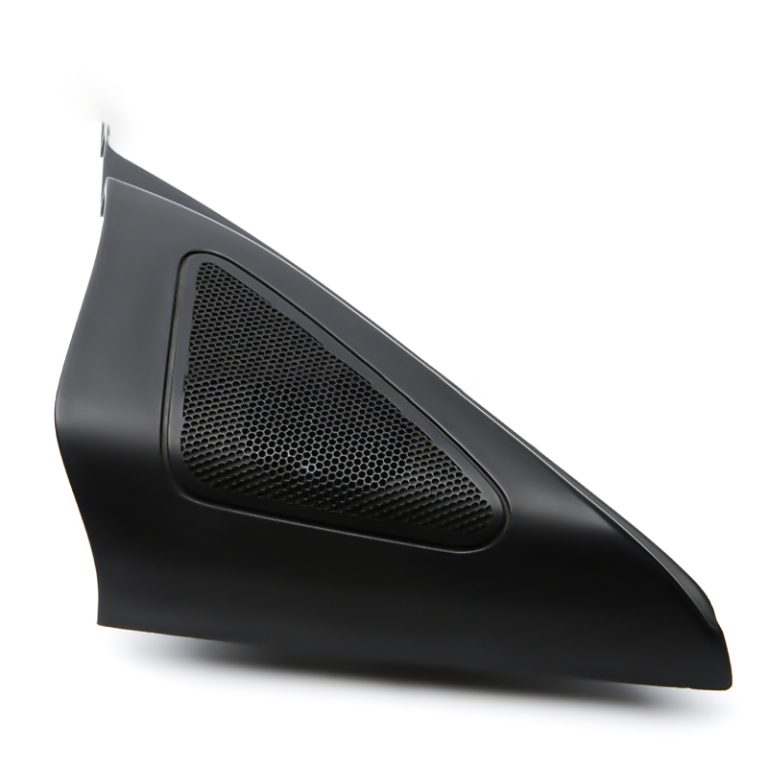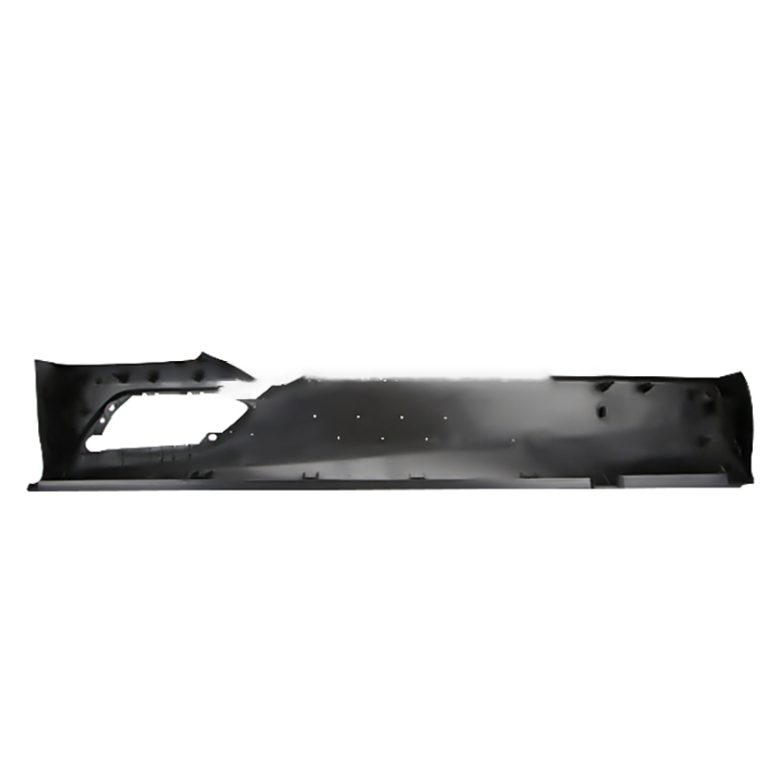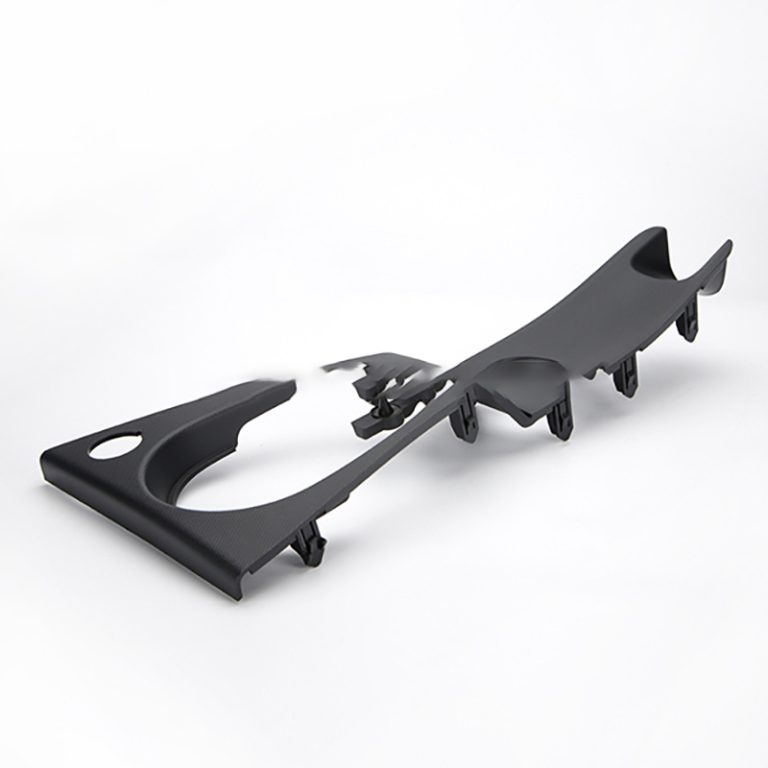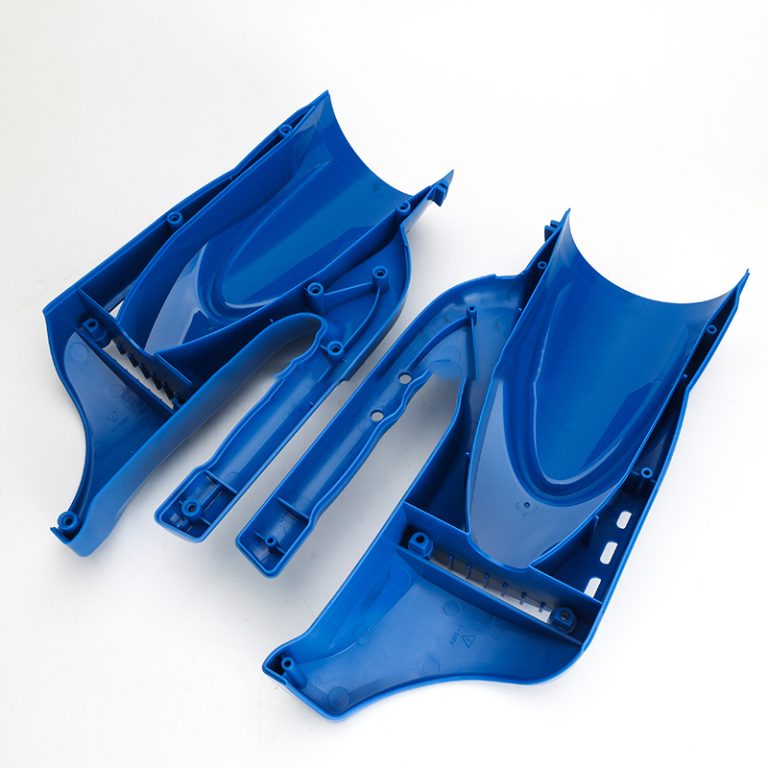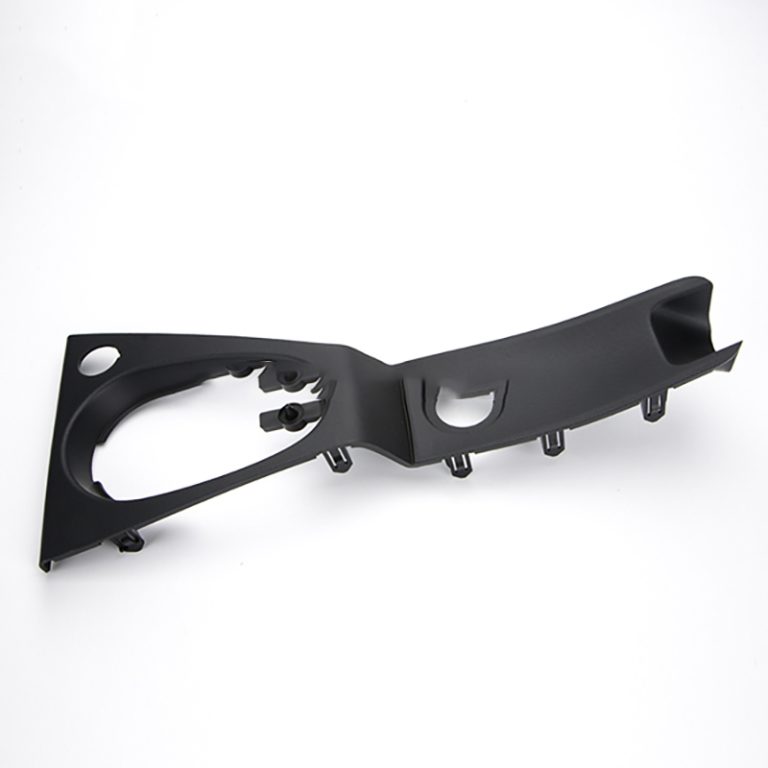Table of Contents
Exploring the Benefits of Design for Manufacturability (DFM) for Plastic Parts
Design for Manufacturability (DFM) is a process that focuses on the design of a product to ensure that it can be manufactured efficiently and cost-effectively. When applied to plastic parts, DFM can provide a number of benefits, including improved product quality, reduced production costs, and shorter lead times.

One of the primary benefits of DFM for plastic parts is improved product quality. By designing parts with manufacturability in mind, engineers can ensure that the parts are designed to meet the required specifications and tolerances. This can help to reduce the number of defects and improve the overall quality of the product.
| our services | size |
| one-stop services | customization |
Another benefit of DFM for plastic parts is reduced production costs. By designing parts that are easier to manufacture, production costs can be reduced. This can be achieved by reducing the number of steps required to produce the part, as well as by reducing the amount of material used. Additionally, DFM can help to reduce the amount of time required to produce the part, which can further reduce production costs.
Finally, DFM can help to reduce lead times. By designing parts that are easier to manufacture, production times can be reduced. This can help to reduce the amount of time required to produce the part, which can help to reduce lead times and improve customer satisfaction.
Overall, DFM can provide a number of benefits for plastic parts. By designing parts with manufacturability in mind, engineers can ensure that the parts are designed to meet the required specifications and tolerances, reduce production costs, and reduce lead times. As such, DFM can be a valuable tool for improving the quality and efficiency of plastic part production.

